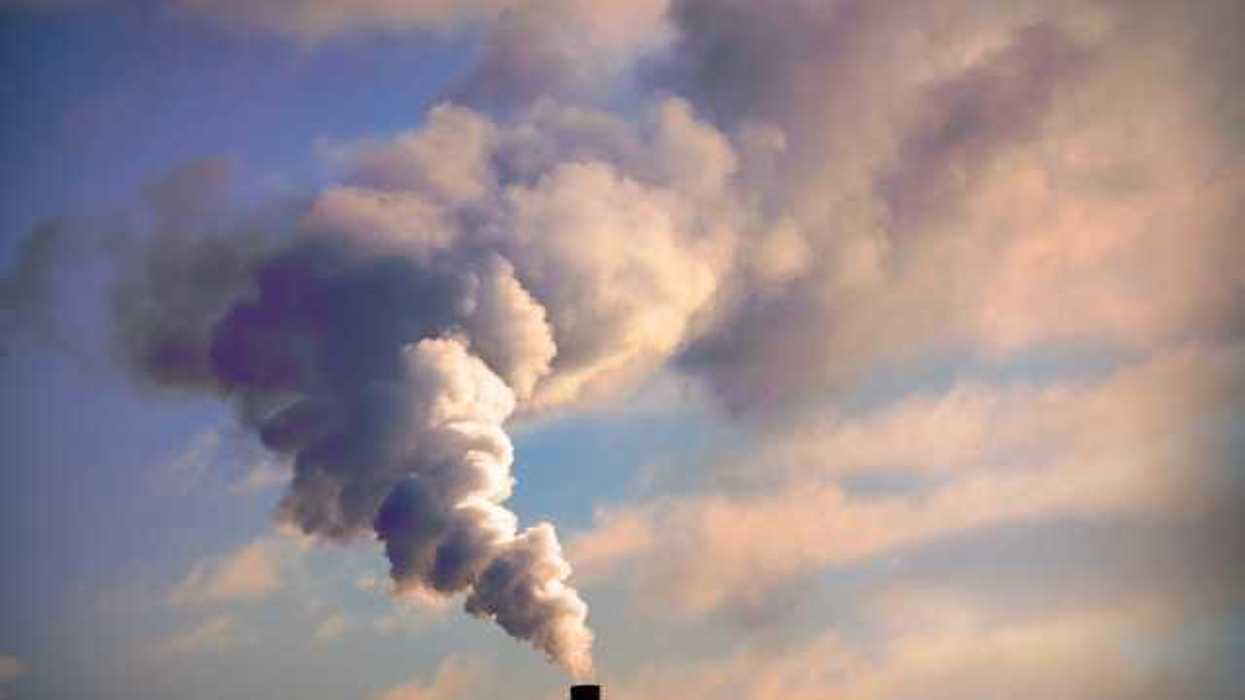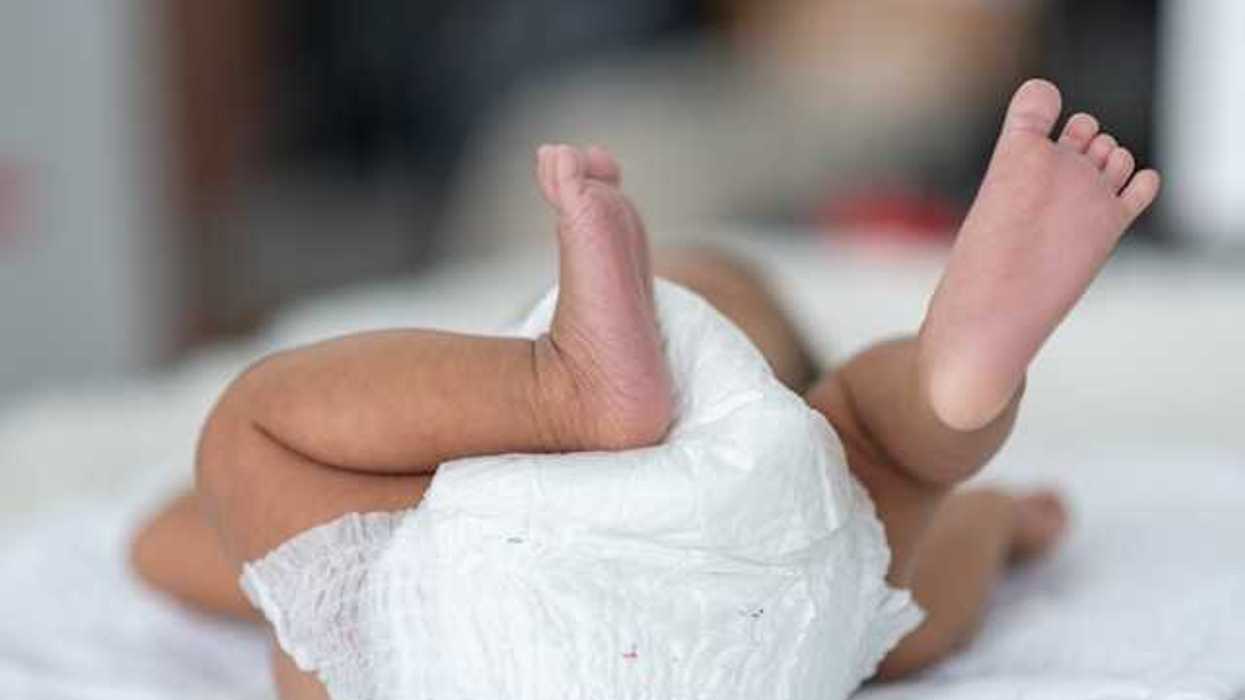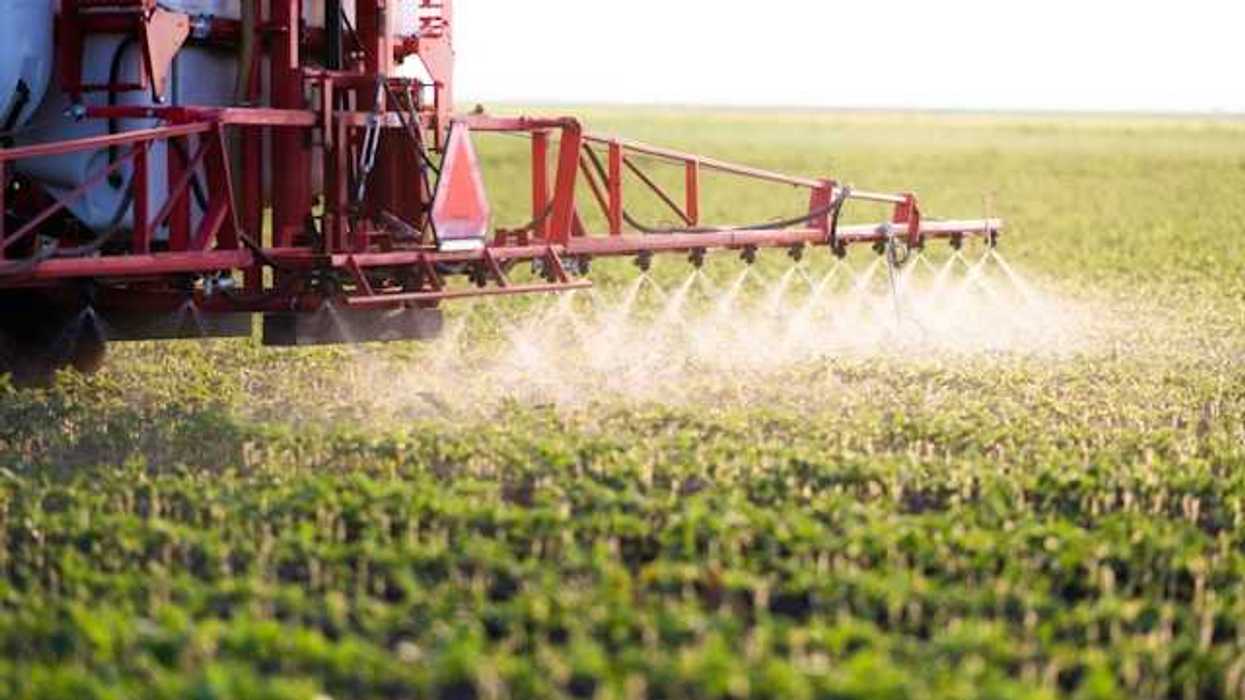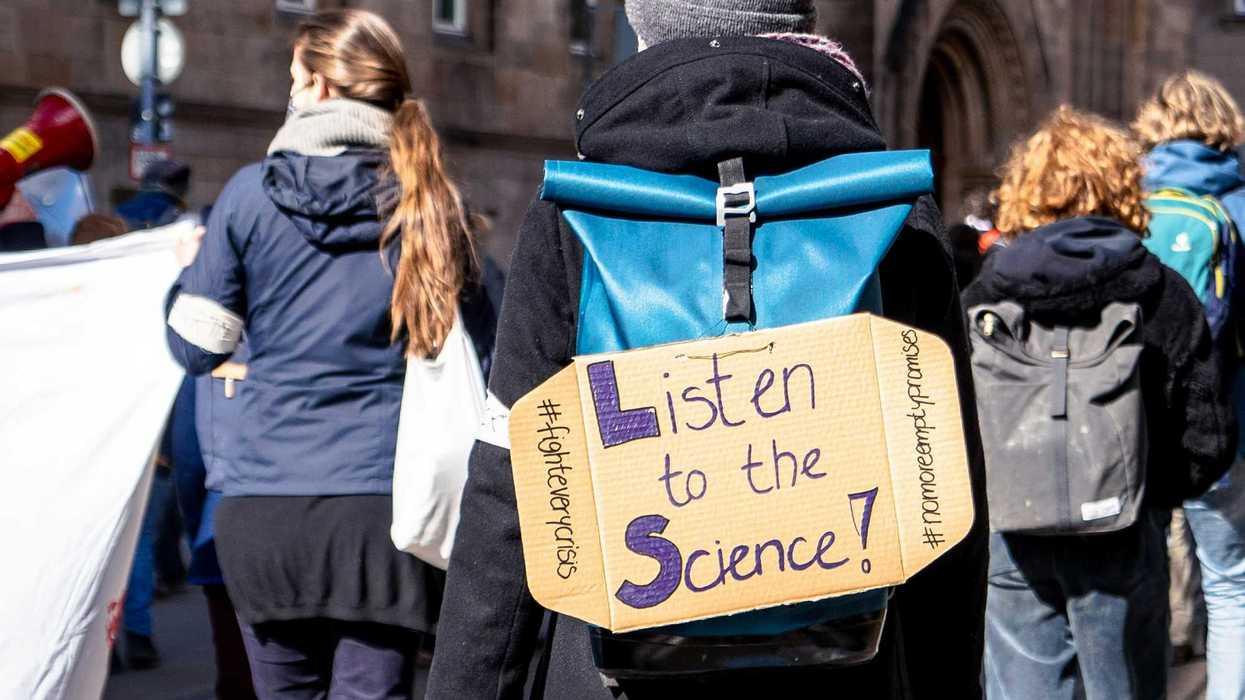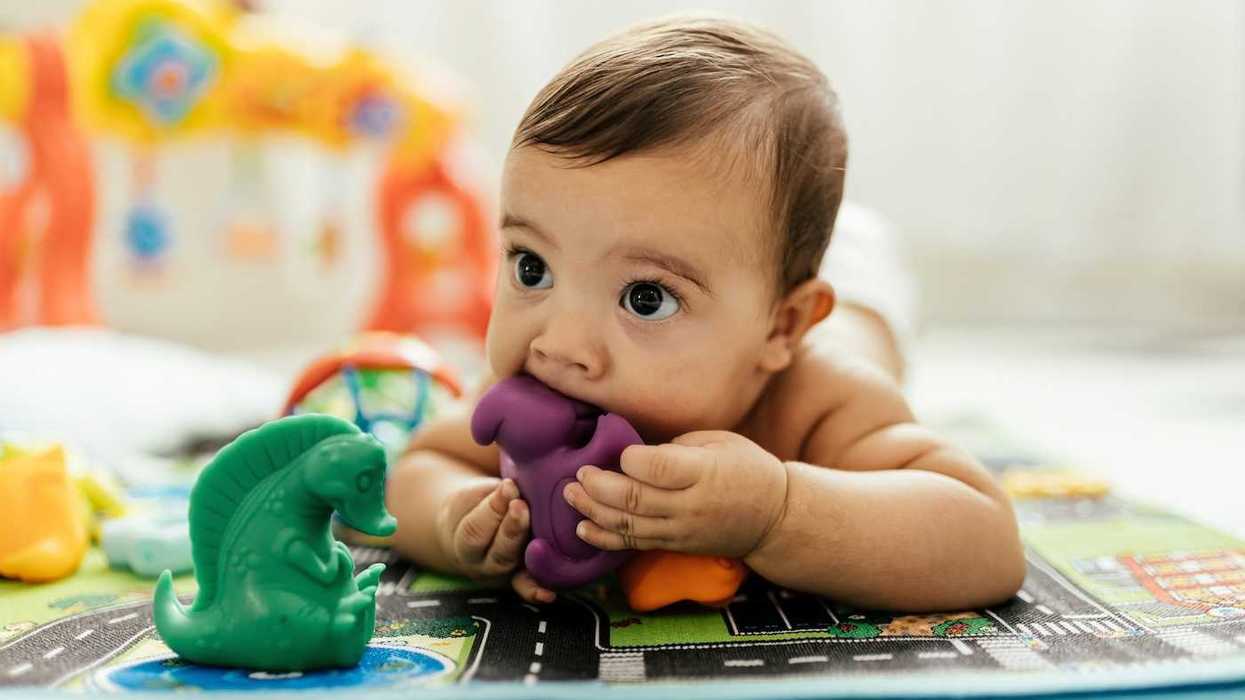A recent study reveals the alarming presence of microplastics in every human placenta tested, spotlighting potential risks to fetal development.
Damian Carrington reports for The Guardian.
In short:
- Researchers found polyethylene, a common plastic, in 62 placental tissue samples, indicating widespread contamination.
- The study also discovered microplastics in human arteries, suggesting a possible link to vascular blockages.
- This contamination adds to growing evidence of microplastics in human bodies, raising concerns over their health impacts.
Key quote:
"If we are seeing effects on placentas, then all mammalian life on this planet could be impacted. That’s not good."
— Matthew Campen, researcher at the University of New Mexico.
Why this matters:
Studies have found microplastics in human tissues and organs, including the lungs and blood, raising questions about their impact on human health. While the full extent of these impacts remains under investigation, there is concern that microplastics could cause inflammation or carry harmful chemicals into the body, posing risks to human health.
Researchers say that more microplastics pollution is getting into farm soil than oceans—and these tiny bits are showing up in our fruits, veggies, and bodies.



